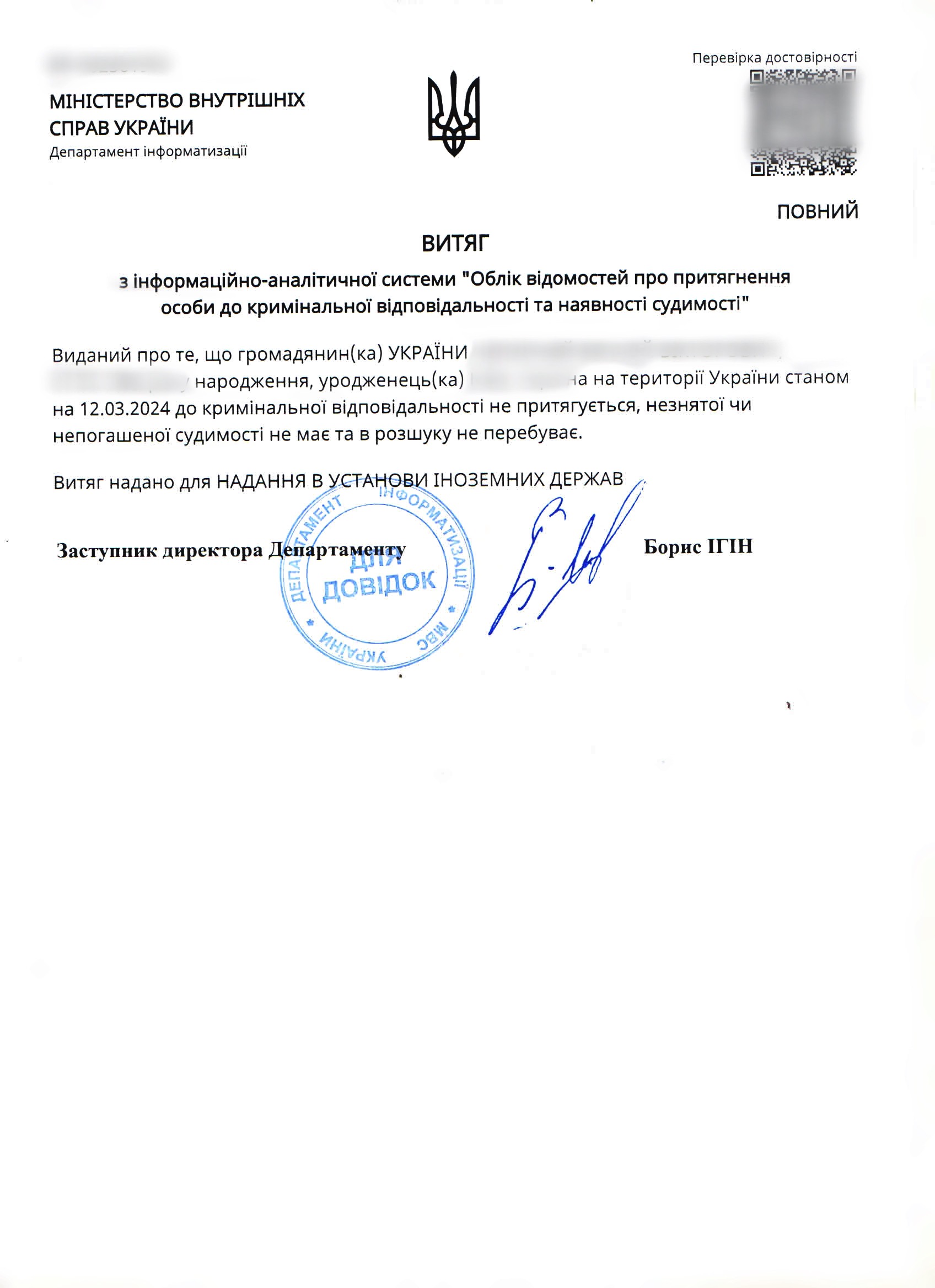Official work is not only an opportunity to secure yourself financially, but also to gain stability, growth and development in the professional sphere. Employment in Ukraine requires compliance with certain rules and submission of necessary documents. Let's take a look at what documents are required when applying for a job and other important aspects of official employment.




